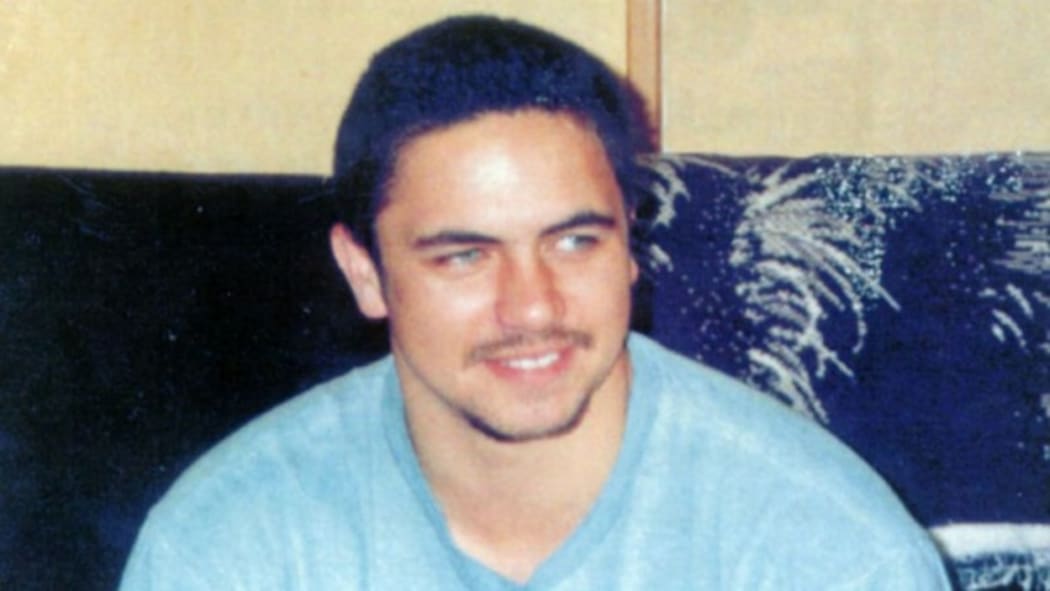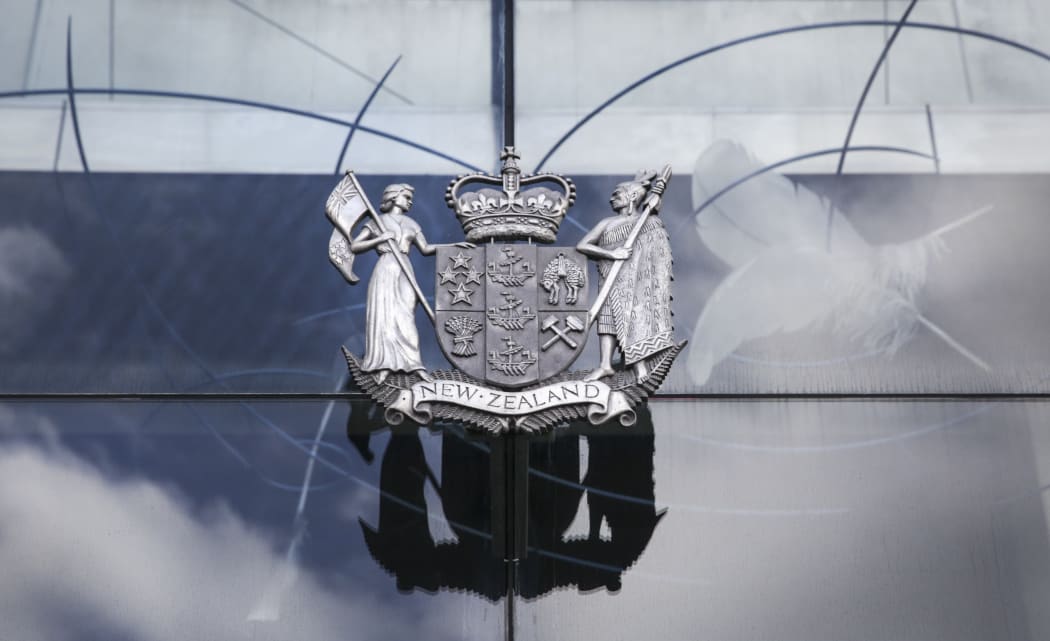Steven Wallace's death is still raw for his grieving family even after 20 years.
They failed to get what they saw as "justice" when they took a private prosecution against Senior Constable Keith Abbott at a criminal trial in 2002.

Steven Wallace. Photo: Supplied
Now, two decades after Abbott fired the fatal bullets, the Wallace family have returned to the courtroom, this time for a civil case against police - accusing them of depriving Steven of the right to life.
Justice Ellis said the case "broke new ground".
Steven's mum, Raewyn, mouthed one word when heading into the High Court at Wellington on Monday last week, "justice".
The family want compensation of $200,000 for the hardship they've endured and the loss.
The facts
In April 2000, Steven Wallace walked down Waitara's main street using a golf club to smash shop windows, a taxi and then the windows of a patrol car with officers in it.
He was shot dead by senior constable Keith Abbott who, in 2002 was acquitted of murder when the Wallace family took a private prosecution against him.
The 23-year-old's cause of death, according to the Independent Police Conduct Authority's subsequent report, was a fatal wound to his liver.
"[Doctors] confirmed that even if first aid had been rendered immediately after Steven was shot, he would not have survived."
The family believes there were other tactical options available to the police that night/morning, and they did not have to fatally shoot him.
Abbott had thought the man standing before him on that fatal morning was another Waitara local, David Toa, a man already known to Abbott.
Raewyn Wallace continues to fight
Every day for six days, Raewyn Wallace, Steven's mum, has been listening to evidence, patiently - at times frustrated with what's she's heard.
When she took the stand she was at times overwhelmed - wiping away tears - saying "sorry" to Crown lawyer Peter Gunn when she hit back at the questions he was asking.

Photo: RNZ / Rebekah Parsons-King
She remembered specific details of the case - as though it had just happened yesterday.
It was vivid, it was real and she was re-living it all over again.
She questioned Abbott's mindset.
"If you were standing over the road and you were my neighbour - if you came within 10 metres from me - I would know what you look like.
"Where was Constable Abbott's state of mind - I can fight this until the cows come home," she told the court.
Family's lawyer: 'He shouldn't have been shot'
The Wallace family's lawyer Graeme Minchin told the High Court last week Abbott's actions went too far.
"He was acting unreasonably because he was breaching the police instructions as to how to deal with that situation," he said.
Minchin said the gun shouldn't have been fired.
"Well, he (Abbott) could have clocked him from behind.
"What we're saying is the arrest could have been made - we're not saying that Steven Wallace wasn't a problem, we're not saying that he didn't warrant getting clocked, or dealt to and arrested - we're just saying he shouldn't have been shot."
He repeated that argument in his summary yesterday.
"They could have armed themselves for their own protection of others and gone out and cordoned and contained Steven Wallace as best they could."
Minchin questioned the officer's reaction.
"All the witnesses only hear this very short pause - about a second - and so we say that doesn't really constitute a warning shot... he hasn't got time to react."
He said there were too many shots fired for it to be seen as self defence.
The Crown responds
Crown lawyer Peter Gunn told the court Abbott feared for his life.
"Steven Wallace presented a very real danger of either death, or serious bodily injury at the time of the incident," he said.
Justice Ellis took time to analyse a document produced by the Crown.
It was a statement from the police in August 2000 that said after an investigation, they were not going to prosecute Abbott because it had been found he acted in self defence.
She said it was an unusual statement to publish in the public domain, but put that down to the strong public interest in the case.
In his summing up on Monday, Gunn defended a police report into the incident.
"There was certainly that testing of the evidence - the ability to cross-examine witnesses at the trial... that helps to reassure I think that there's been a proper process - there's been public scrutiny as well," he said.
Eye-witness: 'This was an emergency situation'
Jason Dombroski, now a detective sergeant, was one of the first officers at the scene and told the High Court on Tuesday last week Wallace was in a volatile state and officers were thinking fast on their feet.
"With the three officers we had it would have been difficult to cordon and contain him without approaching him whilst also keeping any members of the public out of the area."
Dombroski said there was no time to construct a proper plan.
"It is good practice to plan your options if you have time, however this was an emergency situation and many of the options were off the table due to Mr Wallace's behaviour," he said.
A private investigator's view
Former senior police officer turned private investigator Peter Hikaka slammed the actions of officers during the fatal shooting.
He said the officers created the confrontation by going back to the station to arm themselves.
"They didn't demonstrate that they believed it urgent but then they draw firearms - so it's sort of contrary really - because they go to the most extreme methods of dealing with Mr Wallace," he said.
Hikaka said the officers could have cordoned and contained.
He disagreed with many findings in subsequent reports, including that of the IPCA and labelled the police actions as "extreme".
What happens now?
Justice Ellis has heard both sides of the argument, as well as witnesses over the course of the six days.
She acknowledged Raewyn Wallace and stressed it would take time before her written decision was completed and published.
The judge would decide if the Wallace family was entitled to damages.
Graeme Minchin said that was needed.
"When there is a wrong there must be a remedy," he said.
The hearing ended with the same plea from Raewyn Wallace she made at the start - a plea for "justice."



